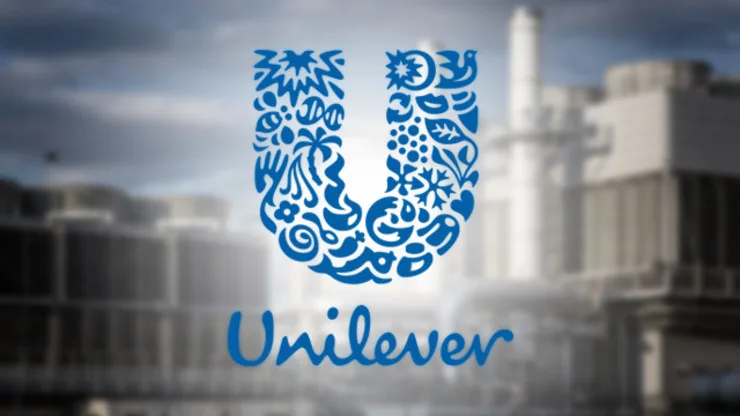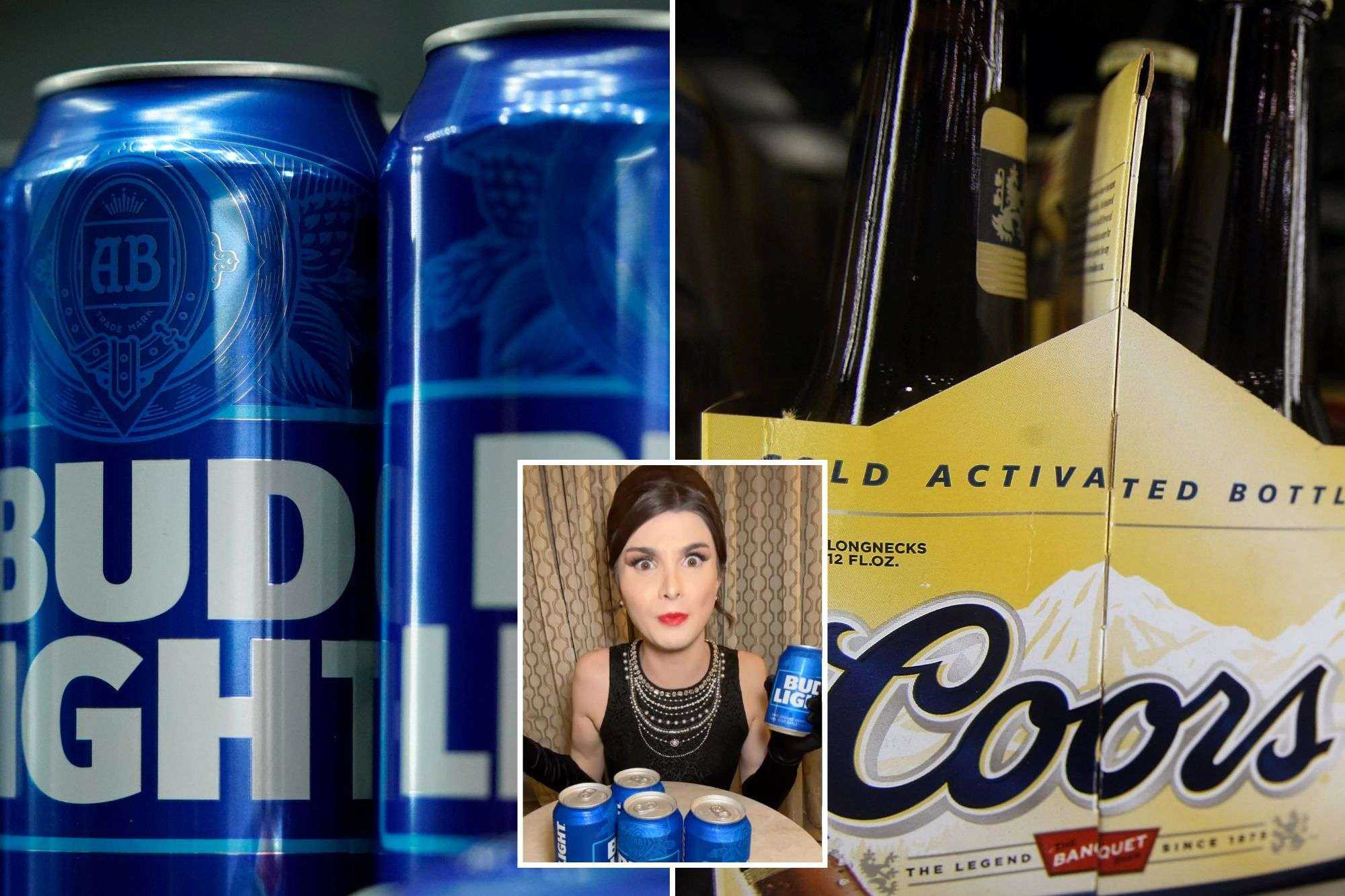Unilever Modifies Environmental Goals Amid Strategic Shift
Introduction to Strategic Reorientation
Unilever, a leading consumer goods company known for its commitment to sustainability, has recently announced a recalibration of its environmental and social responsibility targets. This strategic pivot is primarily led by Unilever’s new CEO, Hein Schumacher, who has emphasized the necessity to enhance company performance while adjusting several of the company’s previously ambitious Environmental, Social, and Governance (ESG) objectives.
Scaling Back on Plastic Reduction Commitments
Historically, Unilever has been at the forefront of reducing the use of virgin plastics in its operations. In 2019, the company set an ambitious goal to halve its use of virgin plastics by 2025. However, in a recent update, Schumacher revealed that the target has been revised to a 30% reduction by 2026. This adjustment equates to over 100,000 tonnes of additional new plastic each year compared to the original goal. Further, Unilever plans to reach a 40% reduction by 2028, signaling a significant slowdown in its initial plastic reduction pace.
Related: Unilever Announces Spin-Off of Ice Cream Business
Changes to Packaging and Supplier Policies
Unilever has also modified its targets regarding packaging materials. The company initially aimed for all its packaging to be recyclable, reusable, or compostable by 2025. This timeline has now been extended: rigid plastics by 2030 and flexible plastics by 2035. Additionally, Unilever has revised its commitment to ensuring that all direct suppliers receive a living wage by 2030, now aiming to cover suppliers accounting for half of its spending on goods and services by 2026.
Dropping Diverse Business Investments and Disability Employment Goals
Among other scaled-back initiatives, Unilever has removed the objective to spend €2 billion annually with diverse businesses by 2025. The company also retracted its goal for five percent of its workforce to consist of people with disabilities by the same year. These changes reflect a broader reevaluation of Unilever’s ESG commitments under the new leadership.
Related: Unilever’s Threatening to Withdraw from Trade Associations
Corporate Sustainability Under Previous Leadership
Unilever’s strong stance on sustainability was championed by former CEO Paul Polman and continued by his successor, Alan Jope. Under their leadership, the company not only pursued financial objectives but also emphasized corporate purpose and sustainability. However, after several years of underwhelming commercial performance, pressure from activist shareholders has grown, advocating for a greater focus on immediate financial returns and cost-cutting measures.
Remaining Committed to Overarching Environmental Goals
Despite these significant recalibrations, Unilever maintains its commitment to other extensive environmental goals, such as achieving net-zero emissions across its value chain by 2039. The company also remains dedicated to using 25% recycled plastic in its packaging by 2025 and collecting and processing more plastic packaging than it sells within the same timeframe.
Related: Meet Unilever’s New President of Nutrition
Challenges and External Pressures Impacting Sustainability Efforts
Schumacher has acknowledged various external challenges that complicate the achievement of Unilever’s sustainability goals, including the need for supportive governmental policies and effective recycling systems. He also noted the impact of global economic and geopolitical issues, which have shifted the focus away from environmental concerns toward more immediate crises such as conflicts and economic instability.
Reflections on Past and Present Sustainability Ambitions
Despite dialing back some targets, Schumacher respects the sustainability ambitions set by his predecessors, recognizing them as appropriate for their time. However, he emphasizes a more pragmatic approach now, aiming to set achievable goals that align with current global conditions and the company’s operational capabilities.
Related: Unilever’s 2023 Full-Year Financial Overview
Conclusion: A New Phase in Corporate Sustainability
As Unilever prepares for upcoming international discussions, such as the Global Plastics Treaty talks in Ottawa, Canada, the company’s strategic shift highlights the complex balance between ambitious corporate sustainability and the realities of business performance and global economic conditions. This realignment may serve as a case study for other corporations striving to integrate sustainability with commercial success in an increasingly complex global landscape.
Source: Business Green



